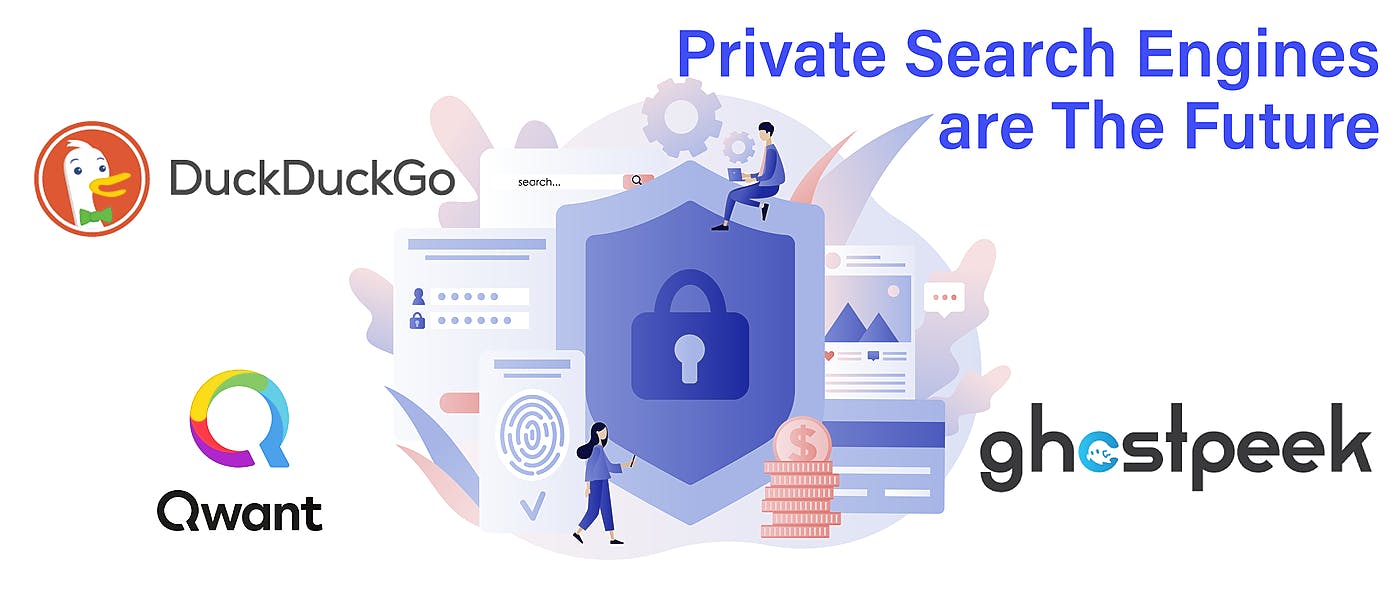1,398 reads
Why Private Search Engines Are The Future...
by
January 15th, 2020
Christian Stewart is a privacy researcher and reporter. Follow his latest coverage on YouTube.
About Author
Christian Stewart is a privacy researcher and reporter. Follow his latest coverage on YouTube.
